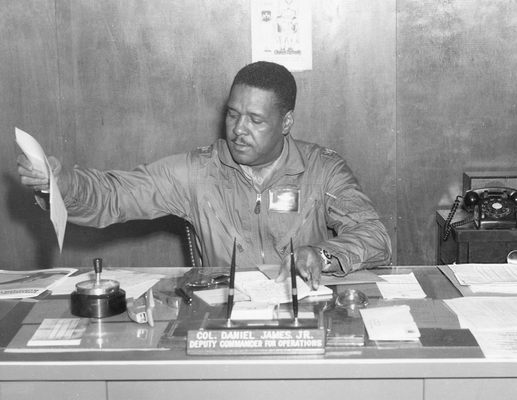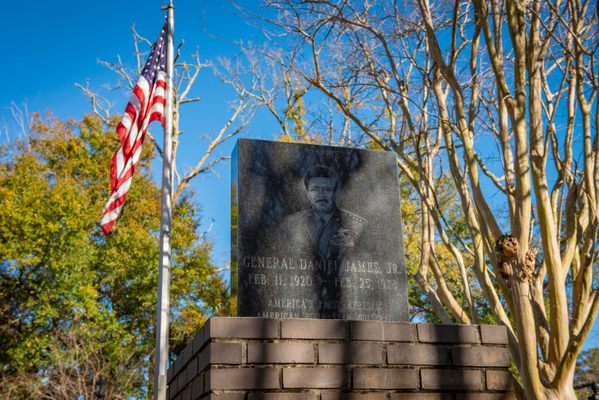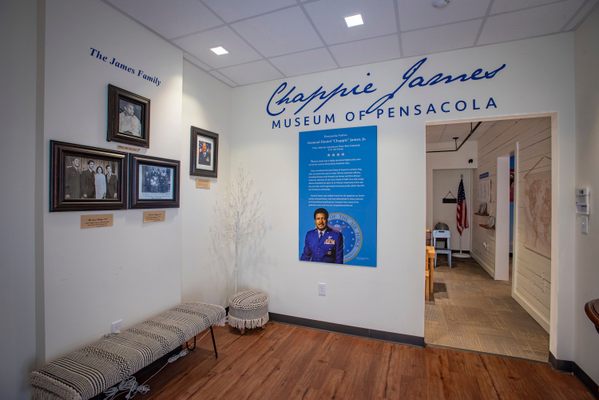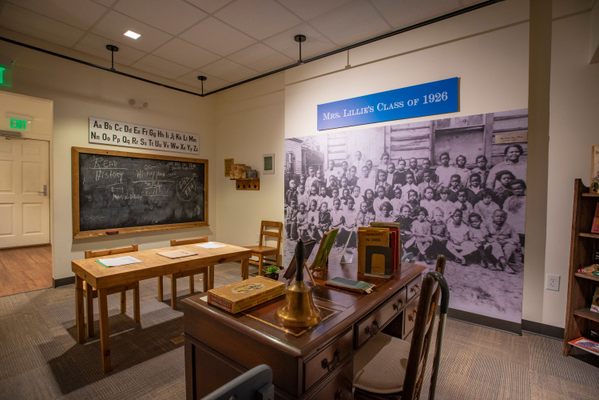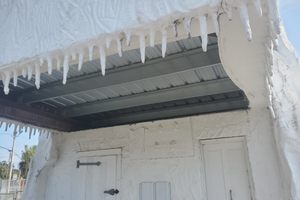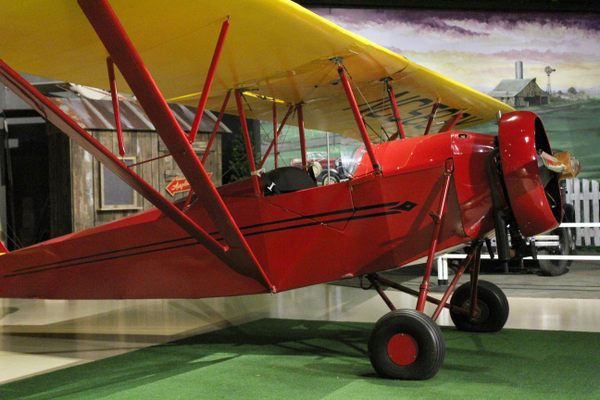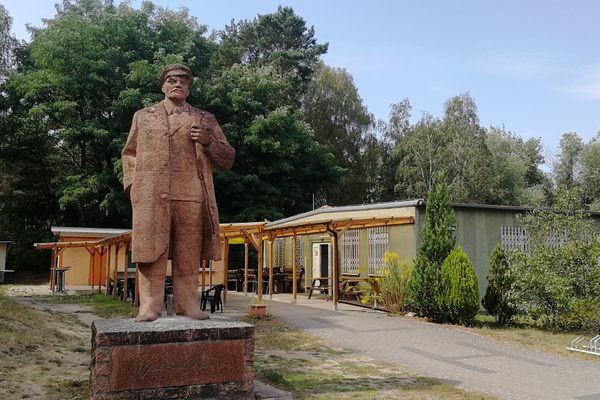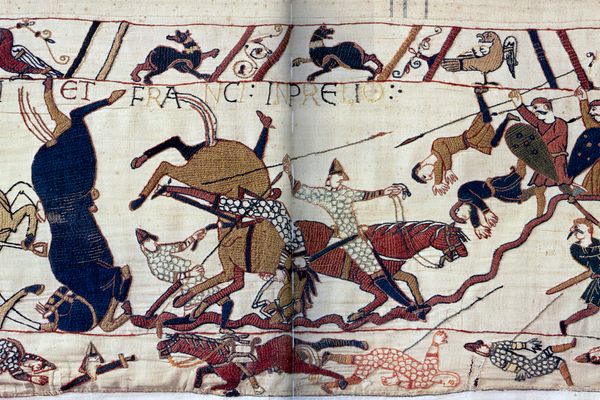About
Daniel “Chappie” James Jr. grew up just miles away from Naval Air Station Pensacola, so perhaps it’s not surprising that he would go on to become one of the most distinguished pilots in United States Air Force History. Or it wouldn’t have been if not for the fact that James had to overcome so much to do it. In the face of racism and segregationist policies, Chappie James became the first Black four-star general in Air Force history. A new museum at his birthplace celebrates his legacy.
James was born on February 11, 1920, the youngest of 17 children. (Like so much belonging to a youngest child, the nickname “Chappie” was a hand-me-down, originally belonging to an older brother named Charlie.) Schools were segregated by race during James’ childhood, and his mother, Lillie Ann James, wanted her children to receive a better education than they would under the public school system. So Lillie Ann homeschooled her children, including Chappie. Eventually she began teaching other Black children in the community, opening a school behind the James’ home. She would teach for over 50 years.
After completing his schooling with Lillie Ann, Chappie James went to the Tuskegee Institute (now Tuskegee University), on a football scholarship. It was at college that James became seriously interested in flying. He completed the Civilian Pilot Training Program offered through Tuskegee and became a pilot, as well as a flight instructor.
Despite the racism of the time, James got into military flight school. He acted primarily as a flight instructor during World War II and was an instructor for the famous all-Black pilot group, the Tuskegee Airmen. He began flying combat missions during the Korean War, flying more than 100 in that conflict and more than 75 during the Vietnam War. James became an assistant deputy secretary of defense for public affairs in 1970; in 1975 he was promoted to four-star general. Upon receiving this honor, James said, “If my making an advancement can serve as some kind of spark to some young Black or other minority, it will be worth all the years, all the blood and sweat it took in getting here.”
James spent the final few years of his career overseeing the air defense for the United States and Canada from his post in Colorado Springs. He retired on February 1, 1978, and tragically died of a heart attack only 24 days later, at age 58.
The Chappie James Museum educates visitors about this great man. It offers a glimpse into the school his mother ran and a look at the history of segregation in Pensacola. Through the museum, James’ legacy will continue to serve as some kind of spark.
Related Tags
Know Before You Go
The Chappie James Museum is open Fridays and Saturdays from 11 a.m. to 5 p.m. An advance appointment is required to visit the museum; those interested should email chappiejames6@gmail.com
Published
February 22, 2024
